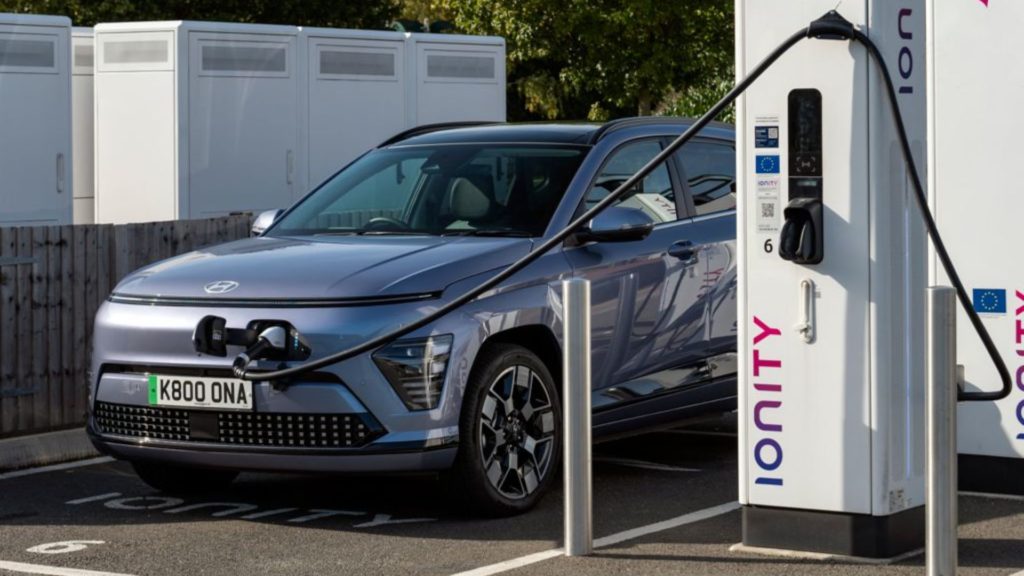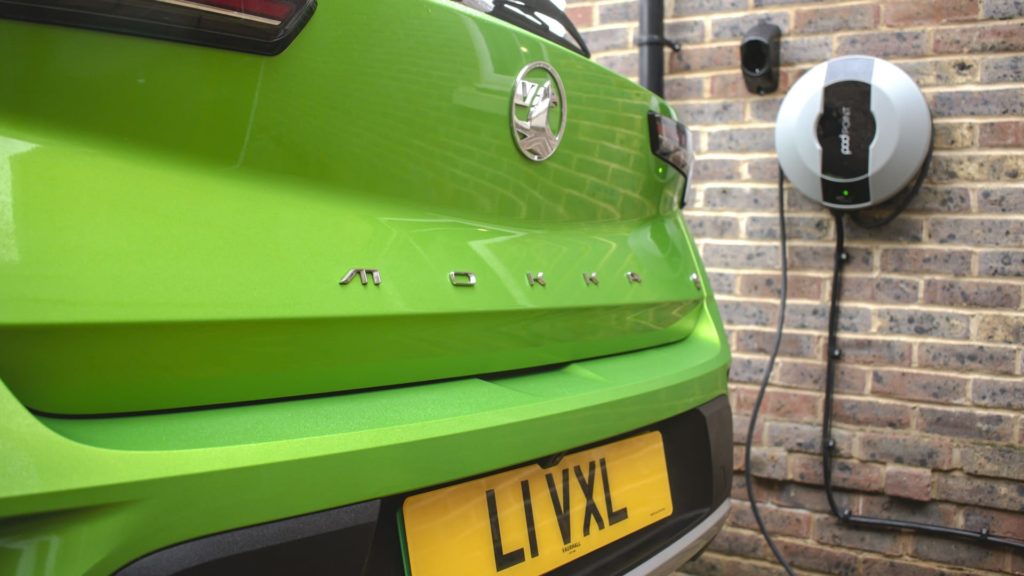Along with monthly cost and driving range, charging time is another key issue for anyone considering the switch to an electric car. And there is no way to sugar the pill here: it does take time.
Even with rapid improvements in battery technology, it will be many years before electric cars can match the few minutes it takes to fill up with petrol or diesel. However, there are certain ways to make living with an EV easier.
Keep reading our quick guide for everything you need to know.
1. A longer range means a longer charge
It’s simple mathematics. Cars with a long range have bigger batteries and thus will generally take longer to refill than those with smaller, lower-capacity batteries.

2. Large cars take longer to recharge
Large electric cars tend to have bigger batteries. But their weight also means they consume more power, thus each unit of electricity carries you further in a smaller, lighter car.
3. The language can be confusing
Beware of the terminology around charging. The terms Fast, Rapid and Ultra-Rapid are bandied around, but there is no hard industry definition. It’s all related to the rate a charger puts power into the car’s batteries.
4. 30 minutes is often enough
A big selling point is how much you can charge in the time it takes to buy a coffee and take a comfort break. Many electric cars come with the claim you can charge to 80 percent capacity in 30 minutes, although with longer range cars, you’ll need a very powerful charger to achieve that. Half an hour at a public charging point could give you another 100 miles in a typical small EV, however.

5. You can take your time at home
Charging at home doesn’t need to be a rush job, however. Most electric cars can be recharged overnight, making use of off-peak electricity and leaving you with maximum range the following morning.
It’s also unlikely that you’ll park up at the end of the day with just a handful of miles left in the battery, so your overnight charge is likely to be more of a top-up up than a full fill. That means even cars with massive batteries, like the Audi E-tron 55, can get a useful dose, although if you wanted to charge the Audi from empty at home it could take 14 hours.
6. Charging at work could be free
This is an ideal scenario for many, allowing you to top up again, possibly using electricity your employer is paying for. Many workplaces now have similar recharging stations to those used in private homes.

7. Charging on the go is trickiest
This is where it matters most, and it’s the area where owning a Tesla gives you an advantage. Not only do you get impressive battery range on Tesla cars, the company’s Supercharger network promises ‘the world’s fastest electric vehicle charging’. There’s also a network throughout Europe, which makes long-distance travel easier.
For everyone else, it’s important to understand what you’ll be offered when you pull in for a power boost. Many locations offer a choice of charging. There could well be a Type 2 slow charger, Type 2 fast charger, plus a CCS rapid charger of maybe 50kW and 100kW.
Here is what Pod Point says about recharging times for two different electric cars and a plug-in hybrid:
| Vehicle | Empty to full charging time*** | ||||||
|---|---|---|---|---|---|---|---|
| Model | Battery | 3.7kW slow | 7kW fast | 22kW fast | 43-50kW rapid | 150kW rapid | |
| Volkswagen ID.5 | 82kWh | 22 hrs | 12 hrs | 8 hrs | 1 hr | 30 mins | |
| Tesla Model S Standard Range (2022) | 75kWh | 21 hrs | 11 hrs | 5 hrs | 1 hr | 30 mins | |
| Mitsubishi Outlander PHEV (2018) | 13.8kWh | 4 hrs | 4 hrs | 4 hrs | 40 mins | Can’t use this kind of charger | |
This table gives you some ballpark figures, and a sense of what you’ll encounter when you arrive at a friend’s house and plug into their domestic socket (Slow), to using your own home wallbox and lesser public charging points (Fast), and finally to the public chargers that are mostly found on major roads and motorways (Rapid and Ultra-Rapid).


[…] to the 2021 I-Pace. Those with three-phase electricity can add 33 miles of range per hour – charging from flat to empty in 8.6 […]
[…] How long do electric cars take to charge? […]